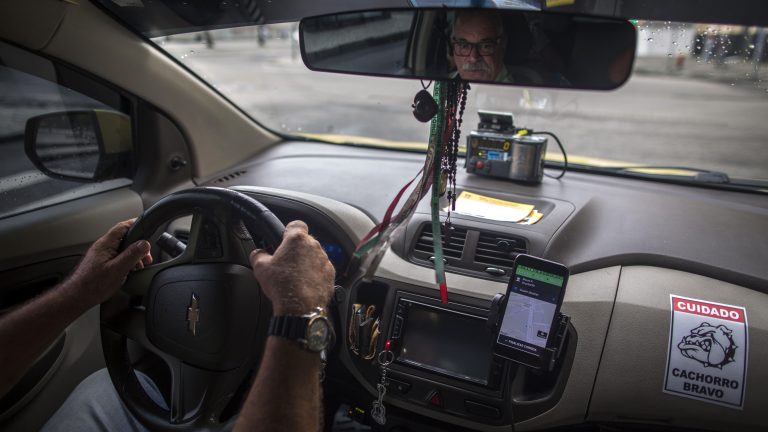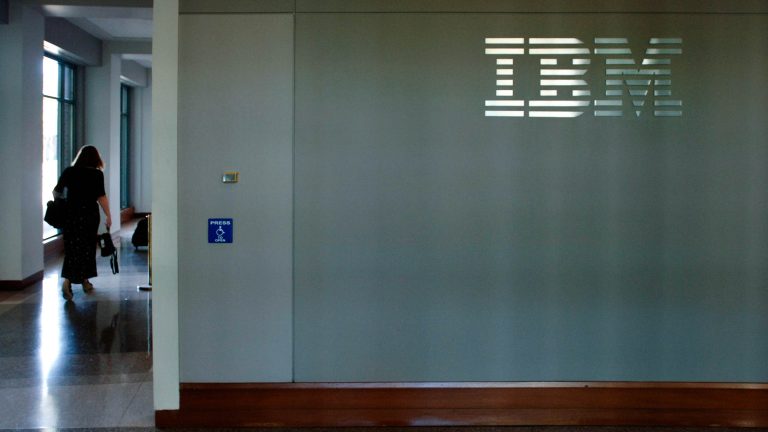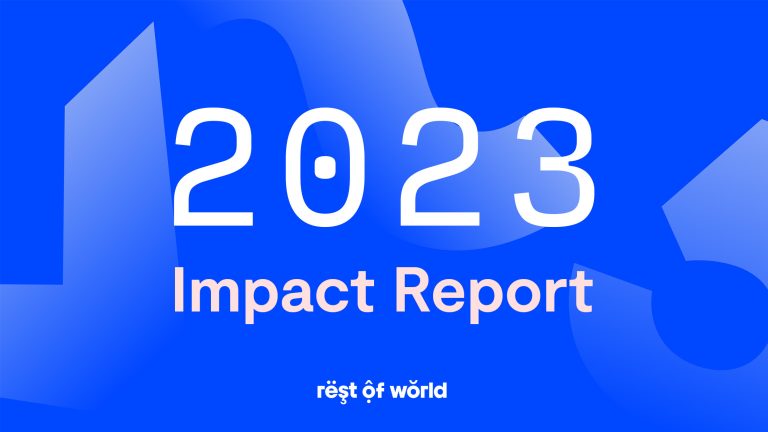Back in 2015, Alécio Cavalcante visited São Paulo, Latin America’s largest megalopolis, and used Uber for the first time. The now 32-year-old from Parnaíba, in the state of Piauí, was hooked.
“Being able to track the car plus the premium service, with well-dressed drivers, candy, water … I thought, This technology is going to help a lot of people,” he told Rest of World. But Uber never made it to his native beach community. So he decided to create his own version, Ubiz Car, a ride-hailing app specialized in small and medium-sized towns.
Launched in 2018, Ubiz Car currently provides ride-hailing services in 24 Brazilian cities, works with 5,200 drivers, and expects a revenue of $2.2 million reais ($427,700) in 2022. It is one of dozens of local ride-hailing apps that have cropped up across Brazil and Latin America more broadly over the past few years.
Uber and Chinese ride-hailing app DiDi have been battling for dominance in Latin America since 2018. Both have spent billions of dollars in the region, which for years represented one of the companies’ most fastest growing global markets. DiDi even acquired a local ride-hailing startup called 99 that same year, to get a head start in Brazil. Yet, both companies have focused mostly on the region’s largest cities, leaving smaller towns ignored. Uber’s services are available in 131 Brazilian cities, out of the country’s more than 5,500 urban areas with more than 10,000 people.
As ride-hailing giants like Uber and DiDi compete for Latin America’s high-density and often massive metropoles, other markets — like the cities with 200,000 inhabitants or less that Ubiz Car caters to — have been left unattended. Speaking to drivers and founders from small ride-hailing startups in Brazil and Venezuela, Rest of World learned that, beyond servicing smaller markets, these companies want to fill another void that the likes of Uber have vacated: one of trust and loyalty between their local customers.
“Latin American markets don’t place trust or credibility based on the size of a company. On the contrary, they will trust a service because they’re exclusive with their pool of clients,” Arnaldo Espinoza, an independent consultant specializing in the marketing and launch of new digital solutions in Venezuela, told Rest of World.
Neither DiDi nor Uber responded to Rest of World’s request for comment on their small town strategies.
In Brazil alone, communities in small towns or unattended sectors have built hundreds of small ride-hailing services, according to Gaudium, one of the biggest software developers hired by many new ride-sharing and delivery services. It counts over a thousand apps in its roster, with at least 85% of them listed as ride-hailing alternatives to the big platforms. According to Ricardo Góes, one of Gaudium’s founders, its clients moved over $1 billion reais (just under $200 million) in 2022 — an amount that, spread across all companies, shows both their prevalence and small size.
“This is not happening only in two or three cities, it’s a major trend,” Nadim Matuk, an investment principal at Liil Ventures, a VC specialized in transport and ride-hailing investments, told Rest of World. “Maybe they are not going to go public, become an IPO, but they will serve local communities with a premium service.”
Cavalcante made the most of Latin America’s untapped smaller markets by building Ubiz Car around things that would differentiate it from bigger players. The priority, he said, was gaining trust from customers and drivers. “In small towns, people go to their favorite grocery store, no matter how much they pay, as long as they have a good experience,” Cavalcante said. “Trust is everything” is the company’s slogan, a bid to keep its market share even if Uber or 99 do make it to town.
“This is not happening only in two or three cities, it’s a major trend.”
Trust is also the not-so secret ingredient for most of the apps that have emerged in recent years. Chofer 46, for instance, was founded in 2019 by a group of drivers from Francisco Beltrão, a town with around 93,000 inhabitants in the Brazilian state of Paraná. For this company, building trust isn’t only for customers but for drivers too.
One of Chofer 46’s biggest features, according to its CEO Angelo Toniazzo, is how the app allows drivers to contact customers directly. Brazilian law states that ride-hailing services must be conducted on a sanctioned platform to remain legal. But, for Chofer 46, as long as the ride is registered on the company’s platform by the driver, they can contact their clients however they want — for instance, on WhatsApp groups. “Other apps don’t allow drivers to have private rides, but we trust our drivers,” Toniazzo said. They also offer human support to drivers, instead of automatized bots or call centers.
Pascoal Cahulla, the CEO of Urbano Norte, credits trust with turning his company into what he claims is the biggest regional ride-hailing app in Brazil. The app was created in 2018 in the capital of Rondônia, Porto Velho, which has just under 550,000 inhabitants. “We wanted to bring the cultural aspects of our city to an app and to establish a more personal bond with drivers and customers,” Cahulla told Rest of World.
Trust-building is also the main strategy in Venezuela, where Uber and DiDi do not operate, due to U.S. sanctions and hyperinflation. There, a local ride-hailing service known as Los Cautos is accessible on Whatsapp or via an app. On Whatsapp, users are referred by other clients and then added to geographically specific group chats. Los Cautos launched in 2017 in the medium-sized city of Maracaibo but has since expanded to San Francisco and Caracas.
Users are given 12 hours to pay for their rides — a practicality in Venezuela, where cash is basically impossible to come by — but according to Los Cautos’ president, Edgar Martínez, it serves an additional purpose. “Our 12-hour payment policy strengthens the relationship between drivers and clients every single day,” he told Rest of World. “We trust you, and you trust us, and having the information of the person that referred every client will always create a net we can rely on.”
Growth was a major reason for the decline in quality of service by the global ride-hailing giants, according to Matuk, the Liil Ventures investment principal.
For most of the companies that Rest of World spoke to, the ambition of expansion relies on a franchise system. It allows them to maintain close local relationships of trust, even as the companies grow.
“This allows us to respect the roots of each town,” said Cavalcante. The startup now plans to expand further inland in Brazil and across Latin America — in Chile, Argentina, Paraguay, and Uruguay. Similarly, Urbano Norte now runs as a franchise, with 22,000 drivers in 100 Brazilian cities.



